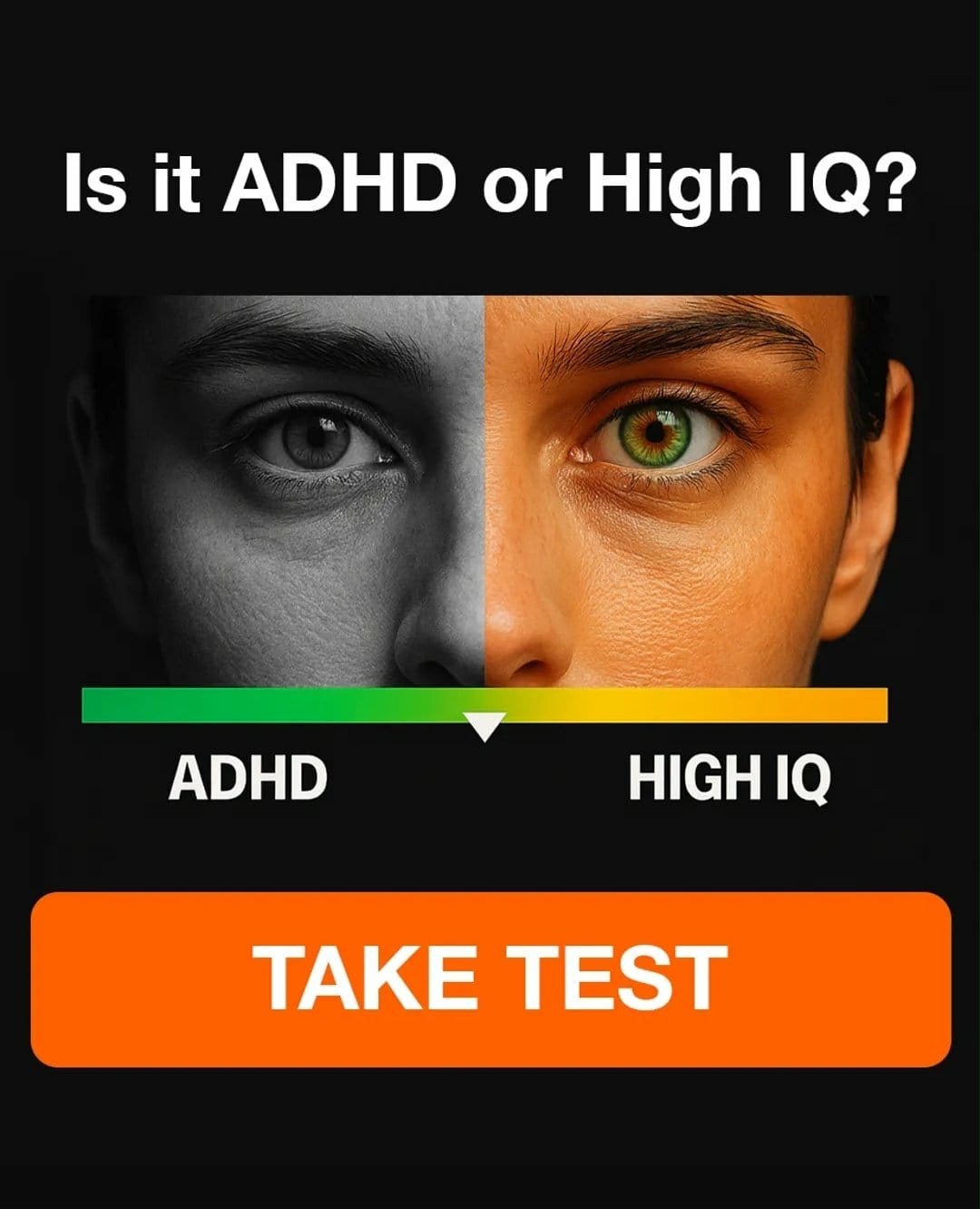Doctor makes shocking claim that autism is linked to this everyday item
A renowned doctor has made an unexpected link between autism and a common household item.
Dr. Daniel Amen is a clinical neuroscientist, psychiatrist, and 12-time New York Times best-selling author. He’s been interviewed numerous times over the years, including by Diary of a CEO podcaster Steven Bartlett, where he recalled scanning Kip Kenkel’s brain.
At the age of 15, Kenkel opened fire at his school in Oregon and later murdered his parents. Dr. Amen described the teenager’s brain as ‘awful’, adding: “I’d never seen a 15-year-old that had a brain so damaged and his life reflected it.”
More recently, Dr. Amen has been a guest on Tucker Carlson’s podcast, where he discussed everything from marijuana, obesity, and the impact that AI might be having on our brains. Autism has been a huge topic of debate in America of late in the wake of the Trump administration’s outlandish claims that Tylenol causes the neurodevelopmental condition.

And Dr. Amen also touched up what may cause autism, surprisingly linking it to sunscreen.
“The dermatologists won,” he told Carlson. “They made us afraid of the sun, and now we have record levels of low vitamin D levels, but we also have record levels of toxins being put on our bodies.”
Dr. Amen went on: “So, mom thinks she’s really being a great mom if she lathers her son or daughter in sunscreen.
“And now you’ve seen that in the last couple of years, sunscreens have come under a lot of scrutiny because of the toxins they have in them. If you put it on someone’s skin it goes into their body.”
When asked to clarify what ‘toxins’ he meant, Dr. Amen said ‘parabens and phthalates’.
He continued: “There was a brand new study that looked at cord blood [the blood that remains in the placenta and umbilical cord after a baby’s birth] and autism, and moms who had higher levels of phthalates have five times more risk of having an autistic child.”
While there doesn’t appear to have been any studies directly linking sunscreen and autism in children, there has been research into how phthalate exposure can impact children both before and after birth.
The Natural Resources Defense Council (NRDC) says that phthalates are ‘used for many purposes: to retain the scents used in fragrances, to soften and strengthen plastic, and to help topical products like lotions and cosmetics stick to and penetrate skin’.
One study published last year discovered that kids who use more personal care products like sunscreen, lotion, soaps and haircare items had higher levels of toxic phthalates in their bodies, The Guardian reported.
Increased exposure to such chemicals have been linked to altered hormone production, reproductive, immune system and metabolic diseases, as well as being considered developmental toxicants that impact children’s behavior and learning ability.
The possible solution? Purchasing phthalate-free products. According to Women’s Health, one child-friendly and non-toxic sunscreen is Think’s Kids Mineral Sunscreen.
Elsewhere, dermatologists who spoke to Vogue said Colorscience’s Total Protection Flex SPF 50 is phthalate-free, too.

